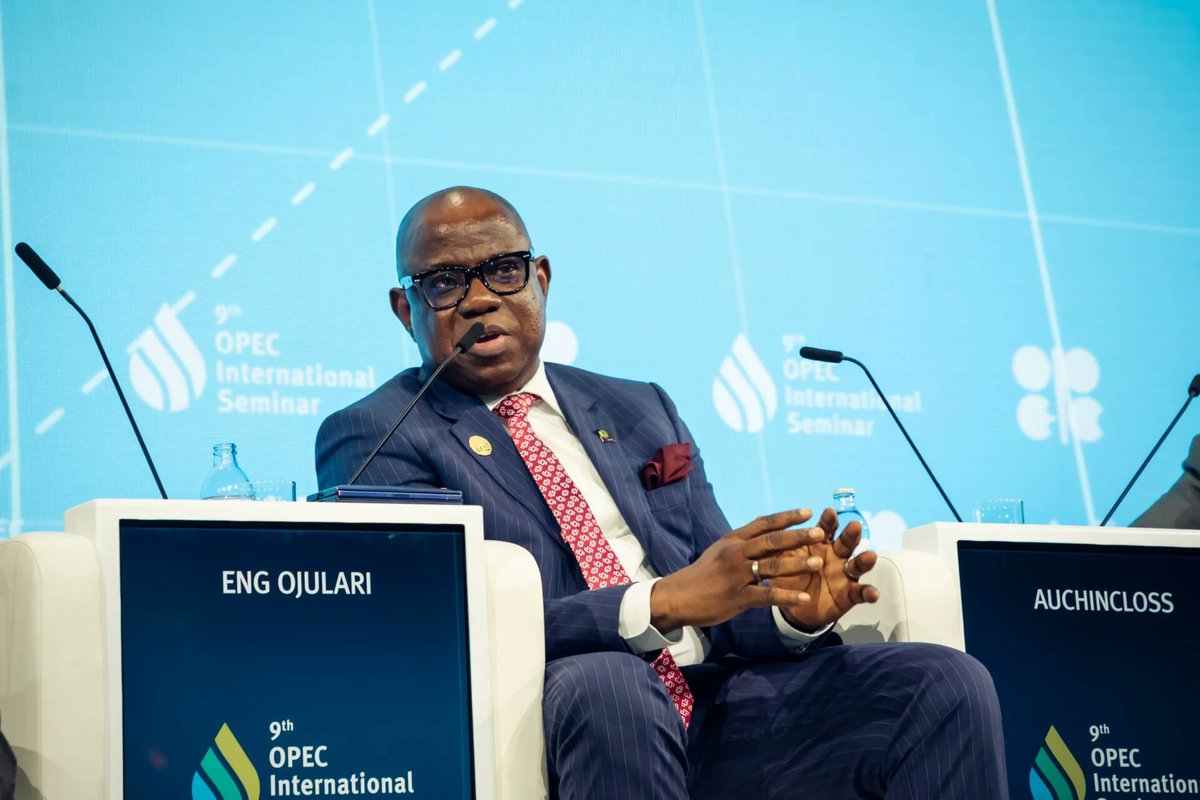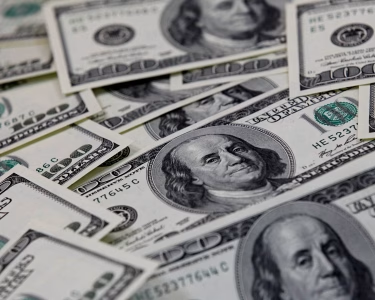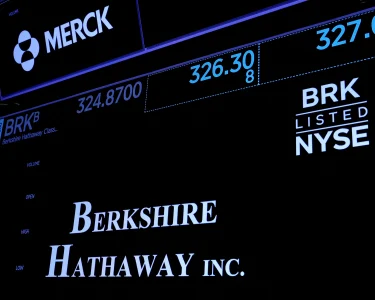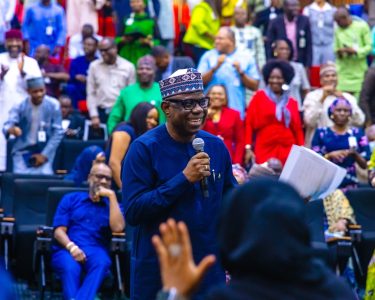Nigeria's Refineries
NNPCL considers sale amid $18bn losses and widespread dysfunction
Summary
- State-owned refineries face possible sale after repeated failures and ballooning costs
- Dangote and industry groups express doubts over viability, call for privatisation
- Public outcry mounts as allegations of fraud and economic waste resurface
Abuja, Nigeria – The Nigerian National Petroleum Company Limited (NNPCL) is weighing the sale of its long-troubled refineries in Port Harcourt, Warri, and Kaduna, as the firm struggles with mounting costs, outdated infrastructure, and sustained operational failure, despite investing more than $18 billion in their rehabilitation.
The Port Harcourt refinery briefly resumed production in November 2024 but was shut down again by May 2025 for further maintenance. Warri’s facility followed a similar trajectory, halting operations just weeks after its much-publicised reopening in December. Kaduna’s refinery remains under reconstruction, with no clear timeline for completion.
Speaking on the issue, NNPCL Group CEO Bayo Ojulari confirmed that a comprehensive strategic review of refinery operations is underway, expected to conclude before the end of 2025. The review could result in the sale of the refineries, as the company acknowledges that rehabilitation has proven far more complex and expensive than initially projected.
Adding weight to the privatisation argument, Aliko Dangote, President of the Dangote Group and owner of the newly commissioned 650,000-barrel-per-day Dangote Refinery, cast doubt on the viability of NNPCL’s ageing facilities. He likened the attempt to revive them to modernising a 40-year-old vehicle and asserted that they “may never work efficiently again.”
Dangote, who previously acquired the refineries for $750 million under President Olusegun Obasanjo’s administration in 2007 before the deal was revoked, pointed to the superior performance of his privately built plant. The Dangote Refinery now supplies over 50% of its output as Premium Motor Spirit (petrol), compared to NNPCL’s 22% when its plants were operational.
Industry stakeholders, including the Manufacturers Association of Nigeria, have echoed these concerns, describing the refineries as an economic burden. Reports show that Nigeria spent ₦100 billion in 2021 alone, ₦8.33 billion monthly, on rehabilitation costs, with little to show in terms of output.
Further complicating matters are allegations of mismanagement and corruption, with the Economic and Financial Crimes Commission (EFCC) probing a suspected $7.2 billion fraud linked to the projects. Former NNPCL executives have already faced questioning, fuelling calls for a full overhaul of refinery governance and operations.
Public frustration is also growing, revealing widespread support for selling the refineries, with many users accusing the government of gross inefficiency and waste while urging officials to hand over the assets to capable private investors.
Critics argue that Nigeria’s continued dependence on imported refined fuel, despite being a major crude producer, highlights a fundamental failure of policy and management. The contrast between the non-functional state-owned refineries and the thriving Dangote operation has intensified calls for reform.
While concerns remain about potential job losses and loss of government revenue, proponents of privatisation believe these risks are outweighed by the promise of foreign direct investment, improved efficiency, and energy security.
The coming months will be critical, as NNPCL’s strategic review unfolds and pressure mounts for decisive action. For many observers, the situation is emblematic of deeper systemic dysfunctions in Nigeria’s public sector, dysfunctions that may finally compel a move towards market-driven solutions in the refining industry.







